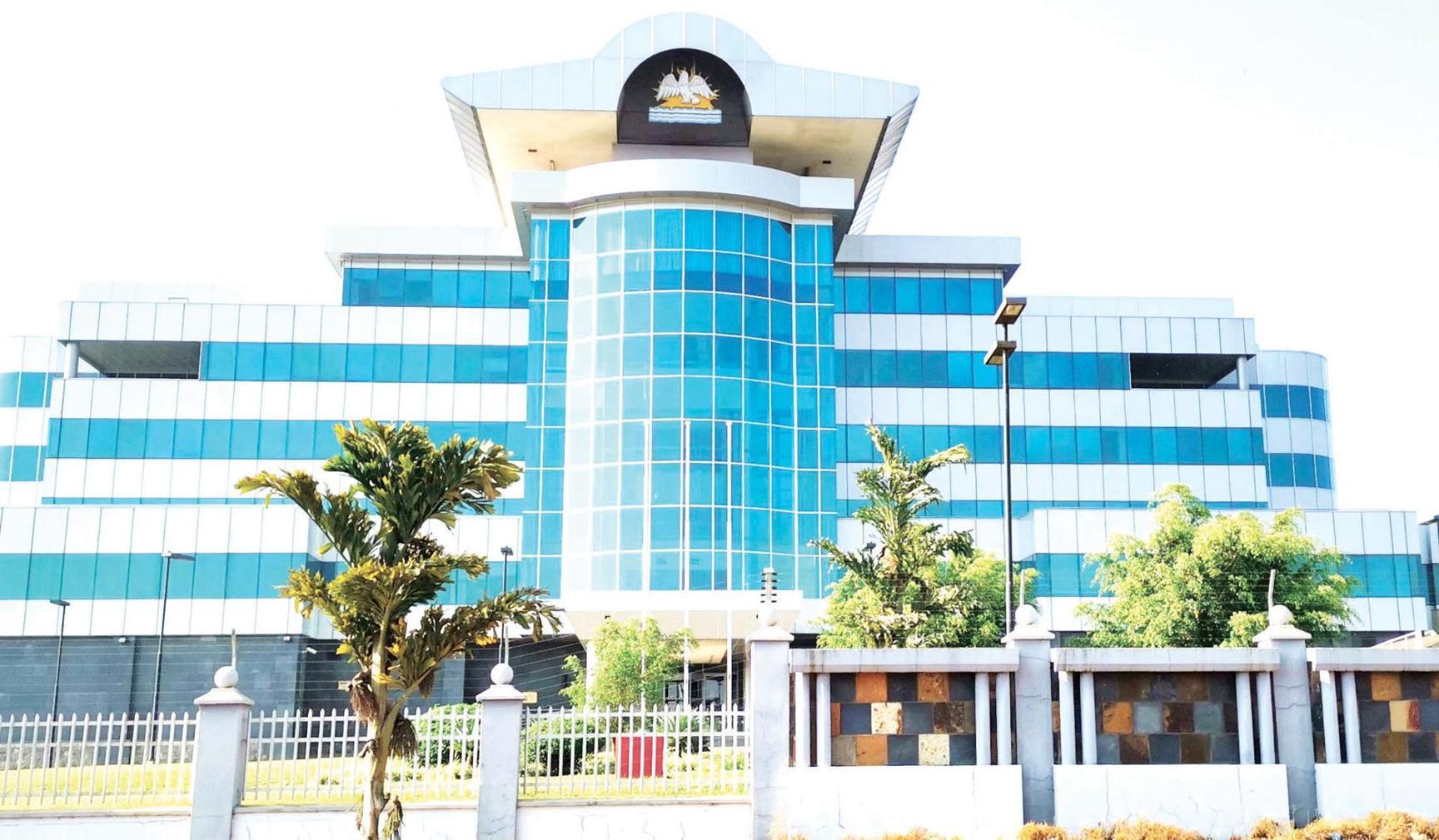Africa-Press – Malawi. What might have been looked at as the main mandate of a central bank—the demand side management of inflationary pressure through monetary policy instruments—seems to have fallen short of addressing the economic challenges Malawi has faced in years.
A tight monetary policy stance, coupled with various interventions, including exchange rate realignments, has not been enough to contain the prevailing inflationary pressure.
Over the recent past, headline inflation—the rate at which commodity prices change at a given period in an economy—has remained stubbornly high, albeit easing slightly in the past four months to 27.1 percent in June 2025.
This is largely attributed to glaring demand-supply mismatches.
All other economic fundamentals have largely been in red, with the policy rate— the rate at which commercial banks use when borrowing from the central bank as lender of last resort— remaining high at 26 percent, pushing up interest rate.
The country has also faced an acute shortage of forex as export earnings are insufficient to cover the import bill, leading to exchange rate volatility.
Malawi’s annual import gap stands at $2 billion, as every year, the country imports goods valued at $3 billion, but only exports goods valued at $1 billion.
Yesterday, the Reserve Bank of Malawi hosted the Malawi Investor Symposium, a pioneering initiative designed to showcase economically viable, high-impact projects in the Agriculture, Tourism, Mining, and Manufacturing (ATM-M) sectors.
The move is part of inventions by the central bank in addressing pressure emanating from low supply.
It is aimed at creating linkages between the private sector players, state-run entities and financiers to fund growth and development.
MAFUTA MWALEAddressing the gathering, RBM Governor McDonald Mafuta Mwale said RBM has already created a division responsible for championing production and productivity.
“The problem is we do not produce enough to feed ourselves. Consequently, we do not produce to export.
“If we had a supply side that is working, we should be able to deal with the prevailing inflationary pressure. We want to go beyond the demand management side and focus on supply,” he said.
He rated the project compendium as a starting point in the conversation of unlocking Malawi’s g
TCHERENIrowth potential.
In his address, Secretary to Treasury Betchani Tchereni called on the financial services sector to be in the fore in funding the ATMM interventions to spearhead production.
“Let us go beyond rhetoric in implementing the ATMM. Let us be specific. We should not neglect the key sectors. Let us provide funding based on what we really want as a country,” he said.
Bankers Association of Malawi President Phillip Madinga reaffirmed the banking sector’s commitment towards funding growth.
“We want to begin to look at opportunities that will enable production, especially to support the generation of foreign exchange through exports,” he said.
In the compendium, about 20 projects in the agriculture, mining, energy, health, tourism and manufacturing sectors have been highlighted for possible financing.
The projects, from both public and private sectors, are said to have potential to transform Malawi’s economic landscape through export growth, import substitution, job creation and industry commercialisation.
Malawi Confederation of Chambers of Commerce and Industry Chief Executive Officer Daisy Kambalame reaffirmed the private sector’s commitment towards enhancing production for export market.
For More News And Analysis About Malawi Follow Africa-Press






